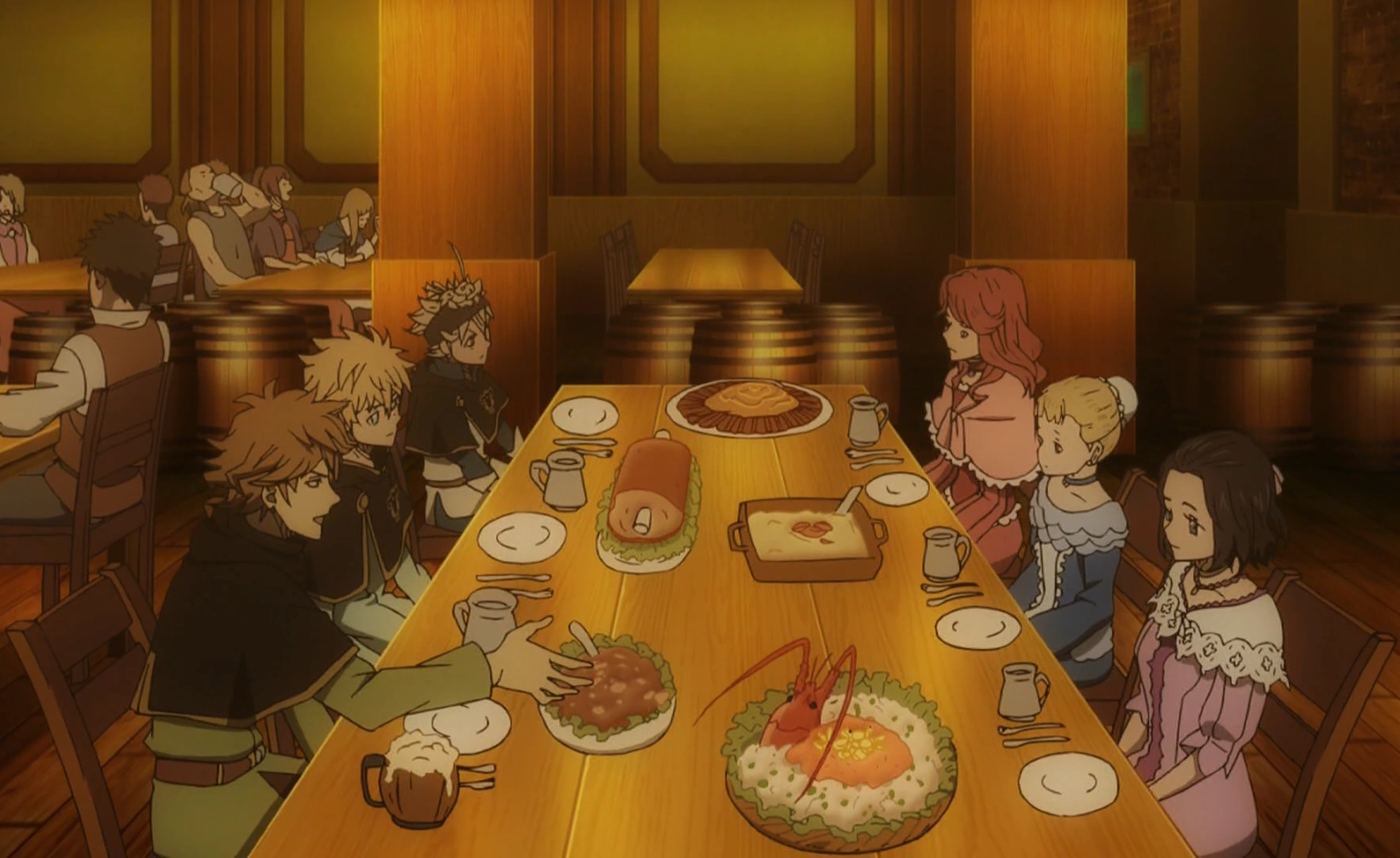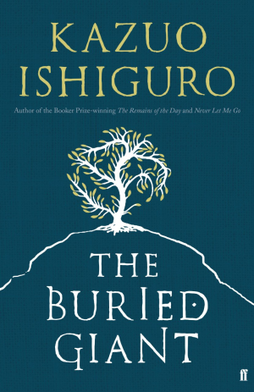I'm still in the middle of conducting Batch 16 of my ERM course so I thought I may write a short note on some developments on the professional front.
I am fairly close to entering a new stage in my professional life. After graduating about 16 batches of students, being very conservative, I think that it is time to start scaling up to run a small business to assume the bulk of work conducting my financial training.
My program is evolving in a different way than many training programs you will find out there.
Just this week, I launched an online tool on Heroku for my community just to see what happens when analytical tools are made freely available. Because I opted for free cloud hosting, the website was sometimes slow, but it showed me that one amateur Python developer can build something useful for a community without an expensive army of software developers.
The experience of doing this has shown me that reporting taxes as an individual may not make sense any longer in 2021. Even at a small scale, hosting fees for a startup will reach $200 a month. Taking into account the potential of hiring interns ( I desperately need a good entry-level designer to help me with my slides and UX ), incorporating a Pte Ltd company is now a no brainer.
Incorporating will take some time as I've also signed up to participate in an SMU incubator. Even though I have ready revenue coming in, the problem is I want ideas to push my business further, would a low-cost webinar for Millenials be a solution or something for all Singaporeans under Skills Future? A good start-up will pivot several times before finding an interesting business problem to solve.
Personally, I am taking the development of my coding skills up a few notches. I am learning Django on Coursera. I think this is the time to move away from Data Science to build lasting web applications. After that, I hope to fool around with GPT-3 - I strongly believe that a Python amateur can train the AI to draft a few simple clauses in a business contract.
It's amazing how far my journey has come and I probably did everything in the wrong order.
I became financially independent early so that I can run a business whereas most Singaporeans become businessmen solely to become financially independent.
Even so, going YEFI has several advantages:
- Successful businesses tended to be started up by rich kids with a trust fund. If you FIRE, you effectively have your own trust fund to back you up in case you failed.
- Most successful businesses are started by folks in their mid-40s.
The final question I need to address is why even bother?
I've been reading this really disturbing experiment called the Calhoun Rodent Utopia experiment. Someone discovered that giving a rodent colony free access to unlimited food, water and space caused an eventual collapse because rats starting forming hierarchies and acted cruelly to each other.
The experiment was very prescient because it predicted the rise of BBFA in Singapore society. A group of rats, frustrated with society, withdrawn themselves from the mating pool, and society became full of "beautiful males" who groomed themselves and refused to mate and "isolated females", who became feral and kept mostly to themselves.
You see this amount of hierarchy building in financial communities. Someone builds useful tool that can potentially improve investment performance but ends up getting attacked for no reason by a few salty forummers. I was guessing that this is probably a remisier or FA who feel threatened by new investment platforms.
One possible interpretation of the experiment is that even if all basic needs are being met, living things need to be challenged and find meaning in life.
Imagine the FIRE community in Singapore as rodents who are living on food and water provided by dividends payouts.
What happens when they come together?
- Hierarchies will form. Some FI blogger will be elevated to guru status, another is a stupid noob. No one questions the validity of the guru's ideas. The noob gets ragged.
- Jockeying for position will take place. Sooner or later, someone on social media will brag about his investment on Tesla.
- People with unusual ideas will be attacked. Like those who love talking up leverage.
Once you understand the dissolution and impossibilities of utopias, you think of a way to get out.
I think the solution is always to transcend your boundaries. Level up, build new capabilities, and never allow the community or anyone to define you.
When you YEFI, the problems you are interested in will change. Someone earning from Tesla will stop bothering you if you have to decide what kind of Tesla your company will eventually be.
Five years ago, I took the plunge and made a whole lot of new friends, all decent lawyers today.
I hope that in a few months, I can meet more young people who are betting the farm on their start-ups.











![PO] Ichiban Kuji Demon Slayer III (Single Ticket) – Animono](https://cdn.shopify.com/s/files/1/2417/7345/products/c69f07659676c1e88d49786817d0708e876a07f2_s2_n1_300x300.png?v=1593831387)



